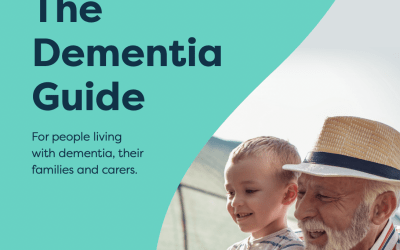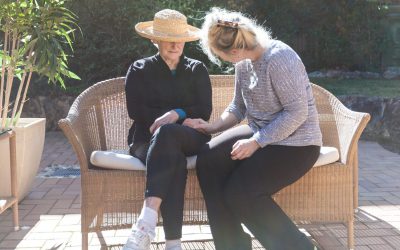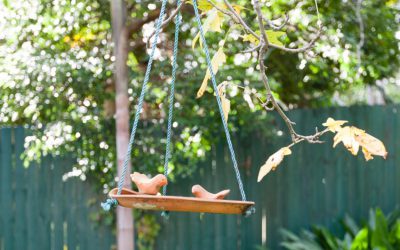Dementia Australia have released a research report named ‘Discrimination and dementia- Enough is enough’. The report has identified that 65% of people surveyed who live with dementia and 58% of those who feel at risk of dementia believe discrimination towards people...
The Dementia Guide: For people living with dementia, their families and carers.
Getting a diagnosis of dementia is never easy. Both for the person getting the diagnosis, and their support network. Sometimes it can take a long time to get a diagnosis of dementia, and it can also be missed diagnosed at first.
Dementia. What now?
Getting a diagnosis of dementia is never easy. Both for the person getting the diagnosis, and their support network. Sometimes it can take a long time to get a diagnosis of dementia, and it can also be missed diagnosed at first. Don’t underestimate the difference...
3 tips for stepping into someone’s reality
In traditional dementia care, there is this school of thought that says you should never lie to someone living with dementia. People use strategies such as re-orientation, re-direction, diversion, distraction, and/or validation. Another tool to consider is stepping...
9 tips to support your loved one at home
This is a challenging time for the communities in which we all live and work. We know that routine is important for those living with dementia. With Sydney's stay at home orders, care partners are forced to replace some daily activities with activities at home. We...
A dance with dementia
Every person living with dementia will do it differently. It’s like a dance, some days the moves are smooth and in time to the music intertwining with life seamlessly. And then there are days when you dance with dementia and it’s clumsy and out of sync with the people...






